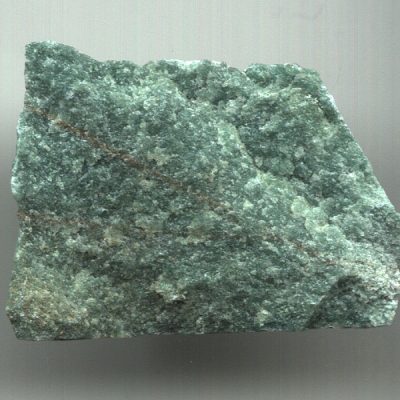
Gemological Information for Aventurine
| Color: | Translucent to Opaque Green (Most Common), Blue, Gray, Yellow and Brown with Aventurescence |
| Crystal Structure: | Trigonal |
| Refractive Index: | 1.544-1.553 |
| Durability: | 7 |
| Hardness: | Very Durable |
| Family: | Quartz |
| Similar Stones: | |
| Treatments: | Dyeing |
| Country of Origin: | Worldwide Deposits |
Aventurine Care
| Ultrasonic Cleaning: | Usually Safe |
| Steam Cleaning: | Usually Safe |
| Warm Soapy Water: | Safe |
| Chemical Attack: | Avoid |
| Light Sensitivity: | May Fade |
| Heat Sensitivity: | May Change Color |